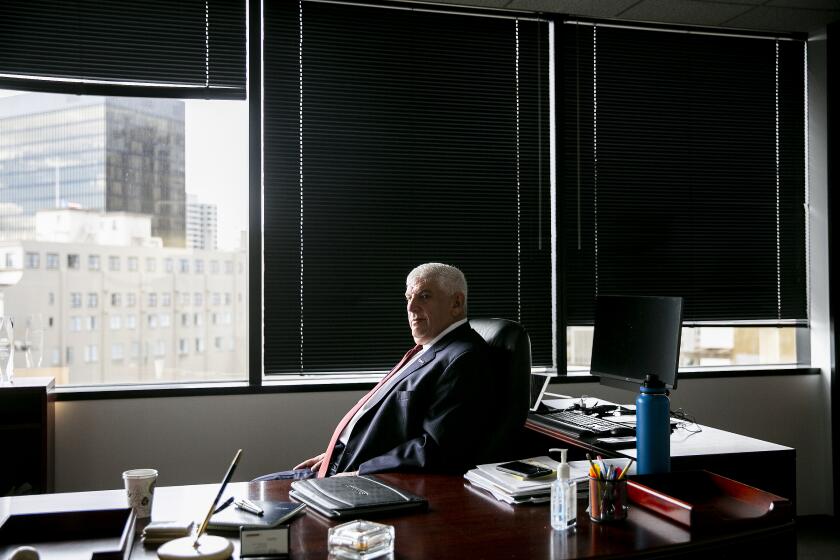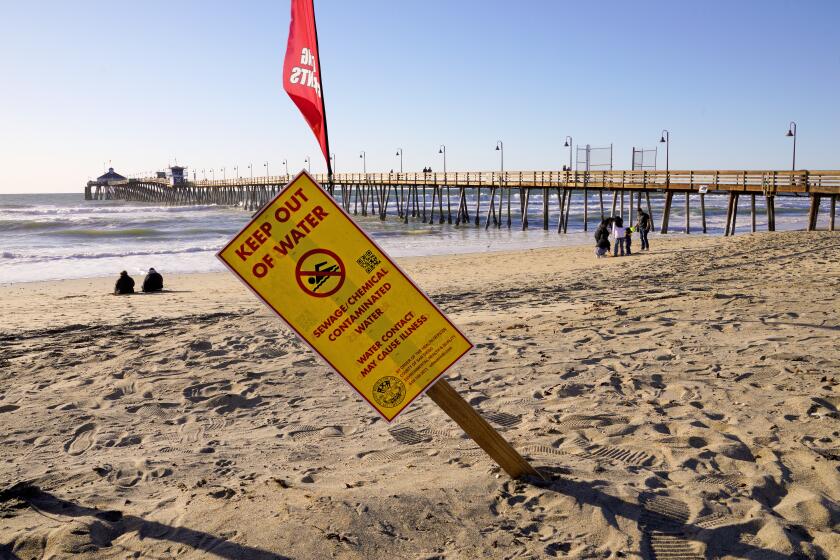‘Team of Rivals’? More like team of yes men
The importance of presidents having blunt people in their inner circles, willing to tell them things they don’t want to hear, can scarcely be exaggerated. The two recent former presidents who fare best both among historians and in public surveys had such candid figures around them. Ronald Reagan benefitted massively from the counsel of James A. Baker III, known as the “Velvet Hammer,” who served him as chief of staff and treasury secretary. Bill Clinton’s vice president, Al Gore, once snarled “Get with the god---- program” at him, annoyed by Clinton’s waffling in budget negotiations. After Democrats were wiped out in the 1994 midterm elections, Clinton asked a Republican consultant, Dick Morris, to tell him where he had gone wrong — then changed course on some big issues.
The contrast with President Barack Obama is telling. Instead of seeking blunt assessments in the wake of Democrats’ midterm wipeout on Nov. 4, the president has now orchestrated the resignation of someone actually willing to tell the White House it was making mistakes: Defense Secretary Chuck Hagel.
The president’s aides depict Hagel as a poor advocate and defender of administration policies and cite his lackluster news conferences and congressional testimony.
But Hagel’s defenders say the primary sin of the former Nebraska senator was to question the president’s shifting strategies in dealing with the Islamic State terrorist group and the chaos in Iraq and Syria. Though he earned a reputation as a dove in the Senate, Hagel was among the first officials to warn of the seriousness of the Islamic State threat, undercutting the narrative then being offered by the White House. The first combat veteran to run the Pentagon also told former Senate colleagues that he has long felt shut out of decision-making.
Both of Hagel’s predecessors as defense secretary — Robert Gates and Leon Panetta — have offered similar critiques. They said Obama listened too much to staffers with little national security experience — aides focused on short-term domestic politics and tending to the president’s image.
This is utterly at odds with the narrative offered in Obama’s first term. Then we were told that like Abraham Lincoln, the president had brought in a “Team of Rivals” to serve as his key advisers — able, headstrong men and women who weren’t afraid to disagree with the commander-in-chief.
The departure of Gates and Secretary of State Hillary Clinton made that thesis seem dubious. The treatment of Hagel makes it seem absurd.
These are dangerous times for America, only starting with the threats posed by Islamic State and Russian provocateur Vladimir Putin. We need a strong, experienced national security team taking a long view of our policies and interests. President Obama appears to have such a team. Unfortunately, their views often appear to be valued less than those of political operatives with far more access to the Oval Office.
But don’t take our word for it. Listen to the three distinguished Americans the president has asked to serve as secretary of defense.
Get Essential San Diego, weekday mornings
Get top headlines from the Union-Tribune in your inbox weekday mornings, including top news, local, sports, business, entertainment and opinion.
You may occasionally receive promotional content from the San Diego Union-Tribune.





